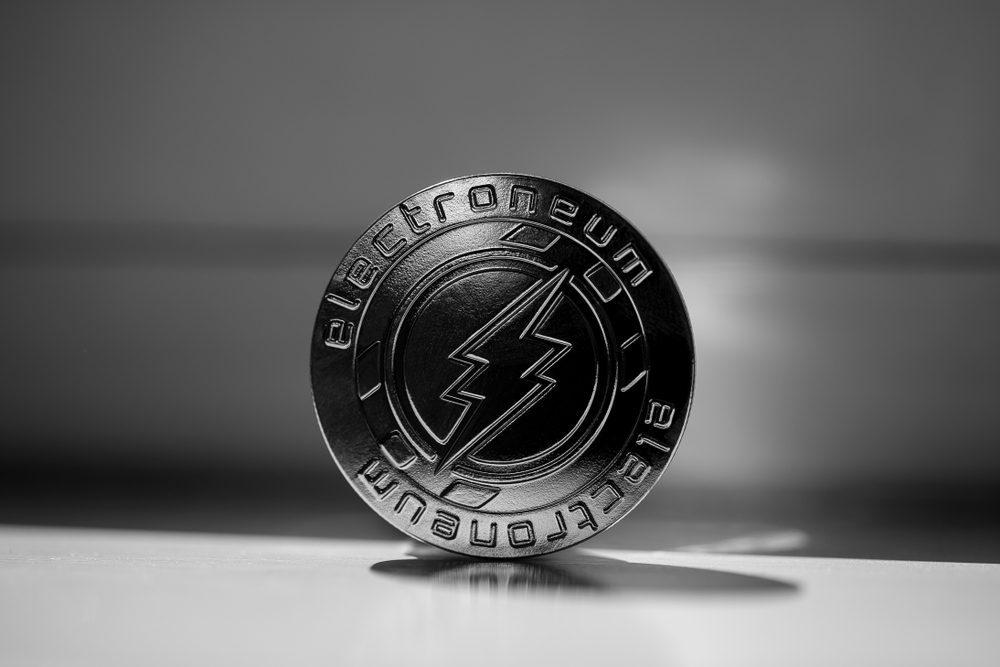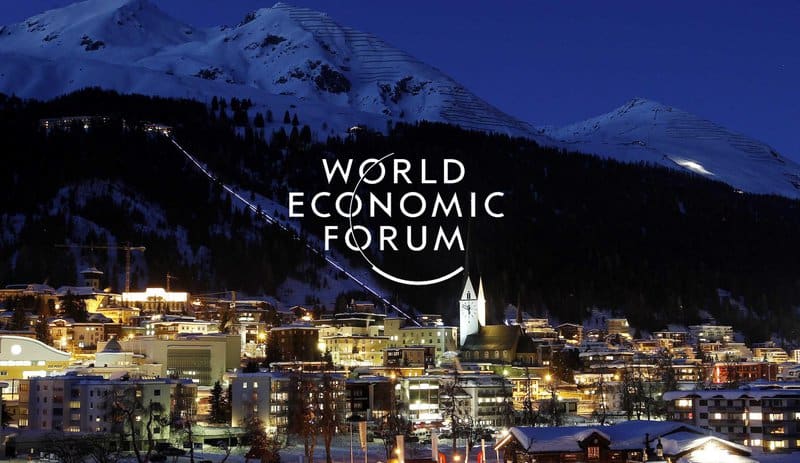
2021-7-9 12:30 |
With over 1.3 billion inhabitants, Africa accounts for over 16% of the world’s population. However, the continent still falls short when it comes to providing its residents with legitimate or government-issued identification documents. As some studies have revealed, as many as 400 million Africans do not have the appropriate identification documents.
Lack of Required Documents Creates ProblemsUnfortunately, the lack of a national identification document precludes many from accessing financial services, participating in national plebiscites, or even travelling across national borders. To help reduce the number of people that are in this situation, one African tech start-up, Flexfintx, has created a virtual solution to the challenge — digital IDs.
To understand how digital IDs can potentially overcome the challenge of lacking identification, Bitcoin.com News interviewed Victor Mapunga, the CEO and co-founder of Flexfintx via email.
Bitcoin.com News (BCN): Can you start by briefly telling us what motivated you to start this business?
Victor Mapunga (VM): In 2018 upon my return to Zimbabwe, I was trying to open a bank account with a local bank and I was surprised that I couldn’t easily provide them with proof of residence, a piece of documentation necessary to open an account that most people don’t have and which is hard to prove.
I went from bank to bank collecting registration forms and they all required hard to prove documentation. I spent the next few months researching and asking people in banking halls how long it took them to open a bank account. For some, it was months as they lived in rural areas and had to commute back and forth if they had missing documents.
I also learnt later that over 400 million people in Africa face this challenge and are locked out of the broader financial ecosystem. Thus, Flexfintx was born.
BCN: Why do you think digital identities are the panacea to this global challenge of using or lacking identification documents?
VM: Manual verifications are expensive and time-consuming, whilst performing KYC for users in emerging markets like Africa is seen as too complex and risky. This results in financial institutions, crypto & fintech companies abandoning this market segment.
Digital IDs like the one we developed — Flex ID — unlike traditional ones are completely decentralized, with only the user in full control of their data. This decentralized approach makes it easier for multiple institutions to verify information without having to develop multiple integrations with different service providers. The use of this ID drastically reduces the cost of verification to negligible sums.
BCN: What are the other benefits of digital identities?
VM: A digital identity wallet like Flex ID is capable of storing multiple credentials from e-KYC credentials, healthcare records, prescriptions and academic transcripts all with one application that is interoperable and completely self-sovereign. This means a user is able to perform multiple verifications with different organisations without having to submit voluminous paperwork.
Blockchain-based IDs vs Traditional SystemsBCN: Can you explain how blockchain technology is involved with the digital identity solution you are offering?
VM: We have a Layer 2 network built on top of the Algorand blockchain called the Flex Network (FN). Every issuing authority and verifier organization will be required to either run or use a SaaS API, to interact with a FN node. The node acts as a trustless way to create, update, and fetch information about digital identifiers (DIDs) from the blockchain. This enables verifiable credentials to be independently issued and verified against the public keys associated with the issuer and holder DIDs.
The core technology allowing us to build self-sovereign identity is the DIDs and these are essentially a data format mapping unique identifiers to a set of public keys. A decentralized key management system (DKMS) on the blockchain allows us to maintain a global, shared, immutable ledger of DIDs, and associated public keys to enable independent cryptographic verification of digital signatures.
if (!window.GrowJs) { (function () { var s = document.createElement('script'); s.async = true; s.type = 'text/javascript'; s.src = 'https://bitcoinads.growadvertising.com/adserve/app'; var n = document.getElementsByTagName("script")[0]; n.parentNode.insertBefore(s, n); }()); } var GrowJs = GrowJs || {}; GrowJs.ads = GrowJs.ads || []; GrowJs.ads.push({ node: document.currentScript.parentElement, handler: function (node) { var banner = GrowJs.createBanner(node, 31, [300, 250], null, []); GrowJs.showBanner(banner.index); } });
BCN: The concept of digital identities is not a very new one and there are players in this field already. How is your start-up doing things differently from the competition?
VM: The naive solution is digital identity, but history has proven that central data stores are high-value hacking targets and can affect millions of users in case of a leak. Flex ID is a self-sovereign digital identity, which means the digital identity is fully owned and controlled by the user/thing being referred to. Flex ID allows users to securely exchange their credentials and gain access to services without intervening third parties. Analogous to a real wallet, it contains credentials like driver’s licenses, national IDs, land certificates, etc.
Issuance of digital credentials is more secure, cheaper, and instantaneous than physical ones which are prone to forgery. Physical credentials are expensive to issue and manage and take weeks if not months.
Verification of digital credentials is more trustworthy, cheaper, and instantaneous than physical credentials because they allow verifiers to onboard more customers and expand their service offerings with less risk as digital credentials cannot be faked.
Ownership of digital credentials allows holders to access services digitally and remotely without needing to visit in-person offices which are only present in major urban centres. They are also self-sovereign and recoverable so users cannot lose or harm their credentials accidentally.
WEF RecognitionBCN: Your company Flexfintx was recently recognised by the World Economic Forum as one of seven African tech start-ups that are “shaking up the global tech ecosystem.” What does this mean for what you are trying to achieve?
VM: We are extremely honoured to be selected into this year’s cohort by the World Economic Forum as a Tech Pioneer. We are especially proud to be the first company from Zimbabwe to ever grace the list and the only one representing Southern Africa. We see it as a vote of confidence in the region’s ability and efforts to develop global problem-solving solutions and a thriving startup ecosystem.
As part of Tech Pioneers, we are aiming to contribute towards the Forum’s goals, engage other global stakeholders working within the blockchain space, and use the platform to share our experience building solutions within the emerging world.
BCN: In your view, who is the ideal candidate for this solution you are offering?
VM: Financial organisations, crypto exchanges, insurance and healthcare companies. Virtually any startup which intends on accessing the broader African market will have access to Africa’s identity API through Flex ID.
Do you agree that technological solutions like digital IDs can help reduce the number of people that have no IDs? Tell us what you think in the comments section below.
origin »Bitcoin price in Telegram @btc_price_every_hour
WHEN Token (WHEN) íà Currencies.ru
|
|

























